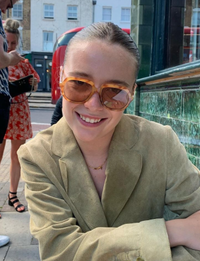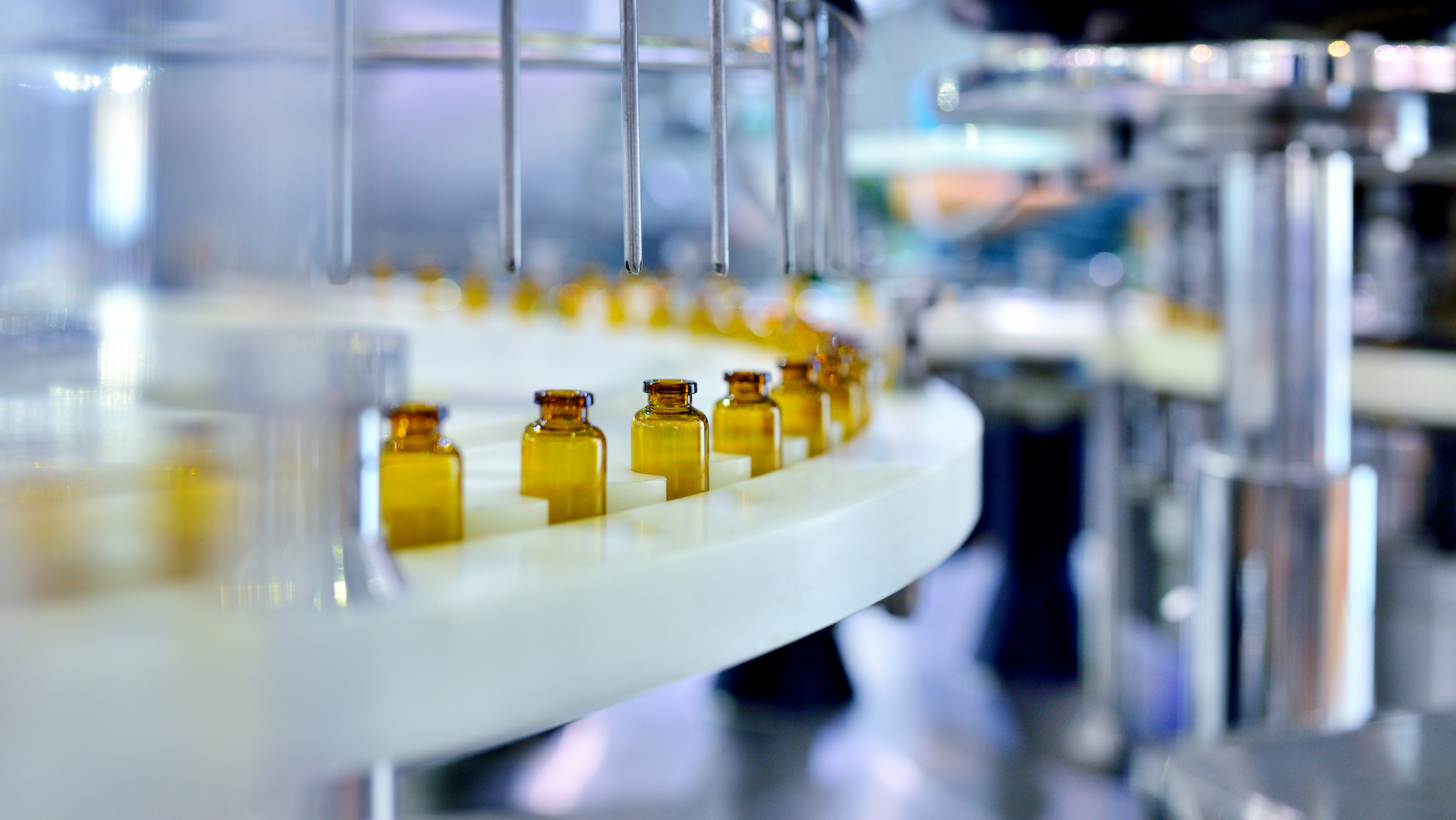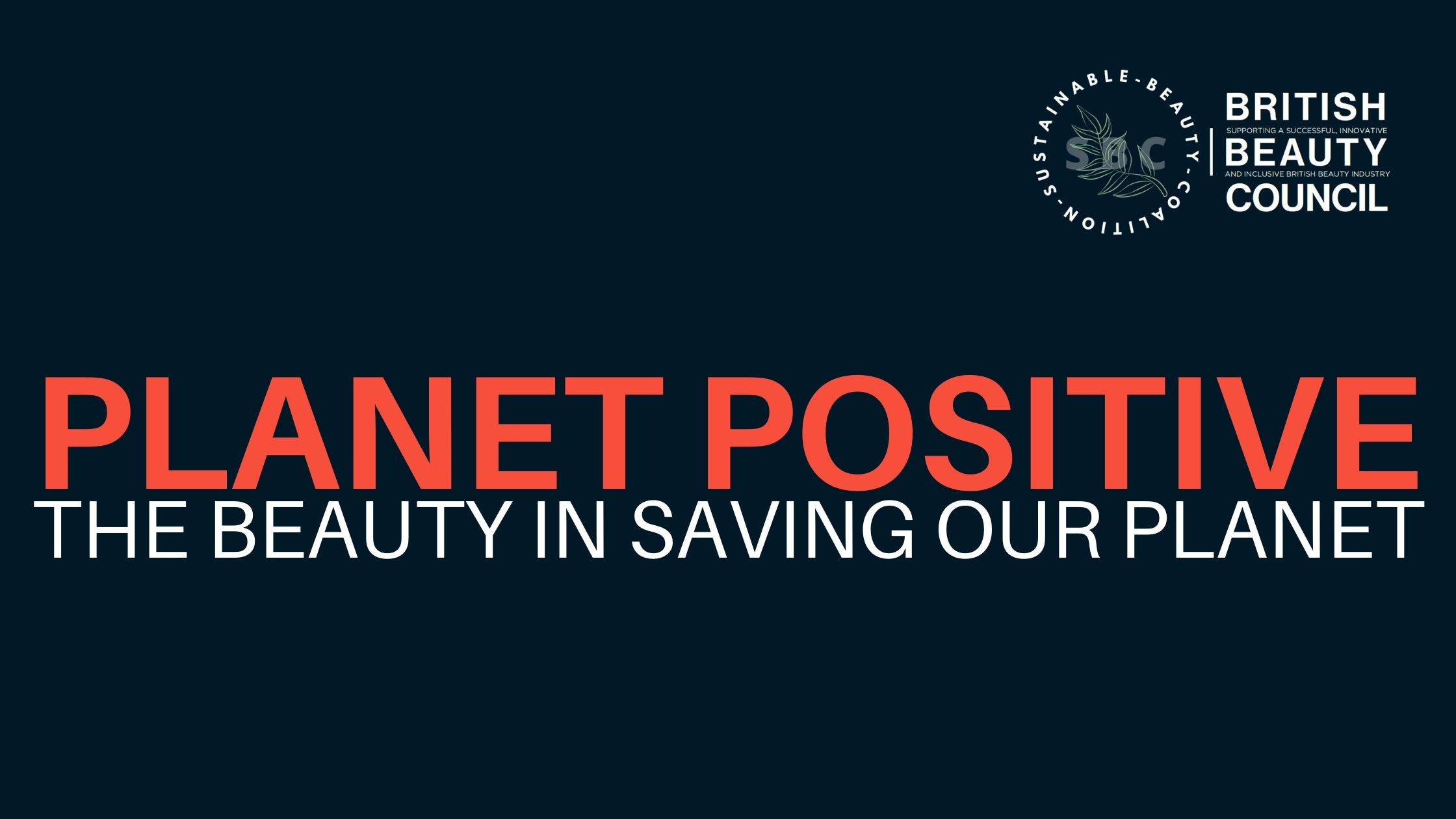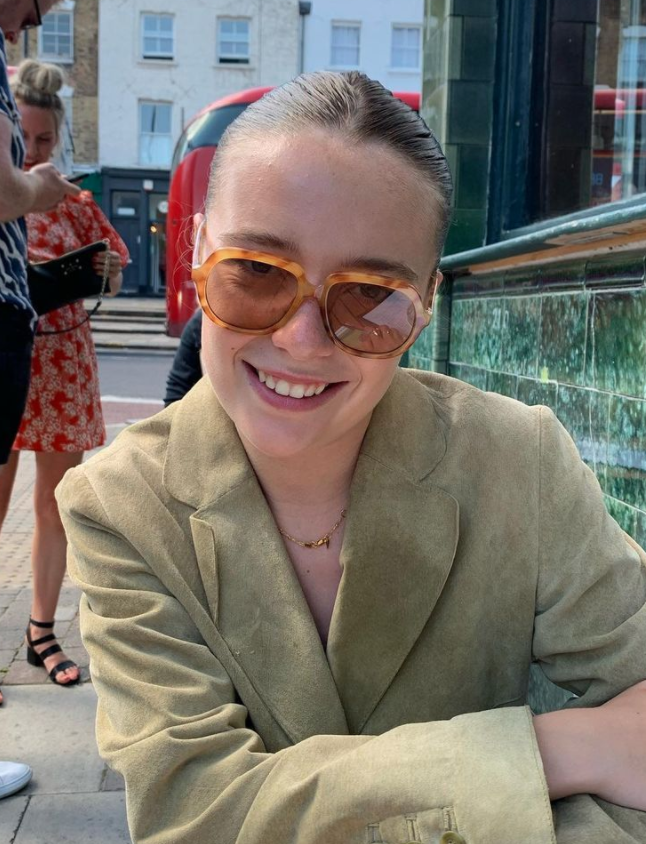What is the Plastic Packaging Tax?
From April next year, brands will be expected to pay tax on plastic packaging. What does this mean for beauty?


Celebrity news, beauty, fashion advice, and fascinating features, delivered straight to your inbox!
You are now subscribed
Your newsletter sign-up was successful
From April next year, brands will be expected to pay tax on plastic packaging. What does this mean for beauty?
From 1st April 2022, the beauty industry will have to switch to recycled plastic or be taxed. The British Beauty Council is at the forefront of raising awareness of the new tax and is working hard to ensure that the beauty industry is ready.
With lots of brands already dedicating themselves to cutting their virgin plastics, here’s a rundown of what the tax really means.
What is the Plastic Packaging Tax?
Announced in the 2020 Budget, the Plastic Packaging Tax will apply to any plastic packaging made or imported into the UK that is made from less than 30% recycled plastic.
Packaging that is designed for single-use and contains a product is going to be the most affected. This means non-recycled beauty packaging is set to be one of the worst-hit sectors.
How will the tax affect beauty?
Pumps, sprays, tamper seals, you name it - your beauty product wouldn’t be on your skin without its functional container. Every product we use is packaged in lots of different pieces of plastic, glass or aluminium.
The new tax will be applied to every component of packaging that is made from less than 30% recycled plastic. So, the cost of having virgin plastic packaging in beauty supply chains will increase, forcing companies to make the switch to planet-friendly packaging.
Celebrity news, beauty, fashion advice, and fascinating features, delivered straight to your inbox!
Lisa Oxenham, Beauty and Style Director at Marie Claire says: "Encouraging businesses to source more sustainably and use a higher percentage of recycled materials in their packaging is a positive step for the planet. Next, cosmetic businesses should push themselves to aim for higher than the 30% recycled content benchmark and think about using less black plastic packaging. This is notoriously hard to recycle as it cannot be sorted by the technology at recycling plants. It's crucial that both industry leaders and smaller brands start making changes now."
How is beauty leading the way?
Industry giants Henkel, Unilever, L’Oreal, LVMH and Natura&Co are committing themselves to cleaning up the beauty supply chain with their new collaborative consortium. In September, the five international companies announced that they are designing a scoring system for the environmental impact of beauty products. It is going to be open to any cosmetic brand and will allow consumers to easily compare the effects of their purchases.
It doesn’t stop there, indie brands like REN, Pai and Tropic are also making huge strides when it comes to packaging. Whether it’s becoming completely landfill-free, sending out products in 100% compostable packaging or fully regenerating plastic waste, the small brands are key innovators too.

Is the Plastic Packaging Tax a good thing?
Yes. The beauty industry is said to contribute to 120 billion units of packaging a year and is predicted to grow to £131 billion by 2025. As the industry blossoms, so does the amount of packaging. The more regeneration and recycling that happens in the industry the healthier our planet will be.
As the government’s targets for protecting the planet increase, this is the first step in the right direction towards a more sustainable beauty industry. The tax will also help us to identify the brands that are already doing their bit for recycling and highlight those that are neglecting their responsibility. It will also force brands who have dropped the baton to evaluate their supply chain for the better.
To find out more about the Plastic Packaging Tax, visit the British Beauty Council website.
Grace Warn is the at Commercial Producer & Writer Marie Claire UK. From organising cover shoots and uncovering the latest news to creating social content, she loves the fact that no one day is the same!
Growing up just outside of London, Grace made the leap at 16 and started to intern. Juggling education, earning money, styling, producing and organising numerous fashion cupboards was as intoxicating as it was challenging and it's what's brought her here today.
After graduating in the pandemic, the only option was to take on as many freelance roles as possible. From demystifying health jargon to keeping up with the latest footwear drops, a strange concoction of health and footwear journalism became Grace's bread and butter but she always wanted a break in lifestyle journalism and production. Then she landed her dream role!
When she's not racing to deadlines, Grace can be found on anything that could pass as a dancefloor dancing to Diana Ross or scouting out vintage sales on the outskirts out South London - believe it or not, Beckenham is the place to go!
